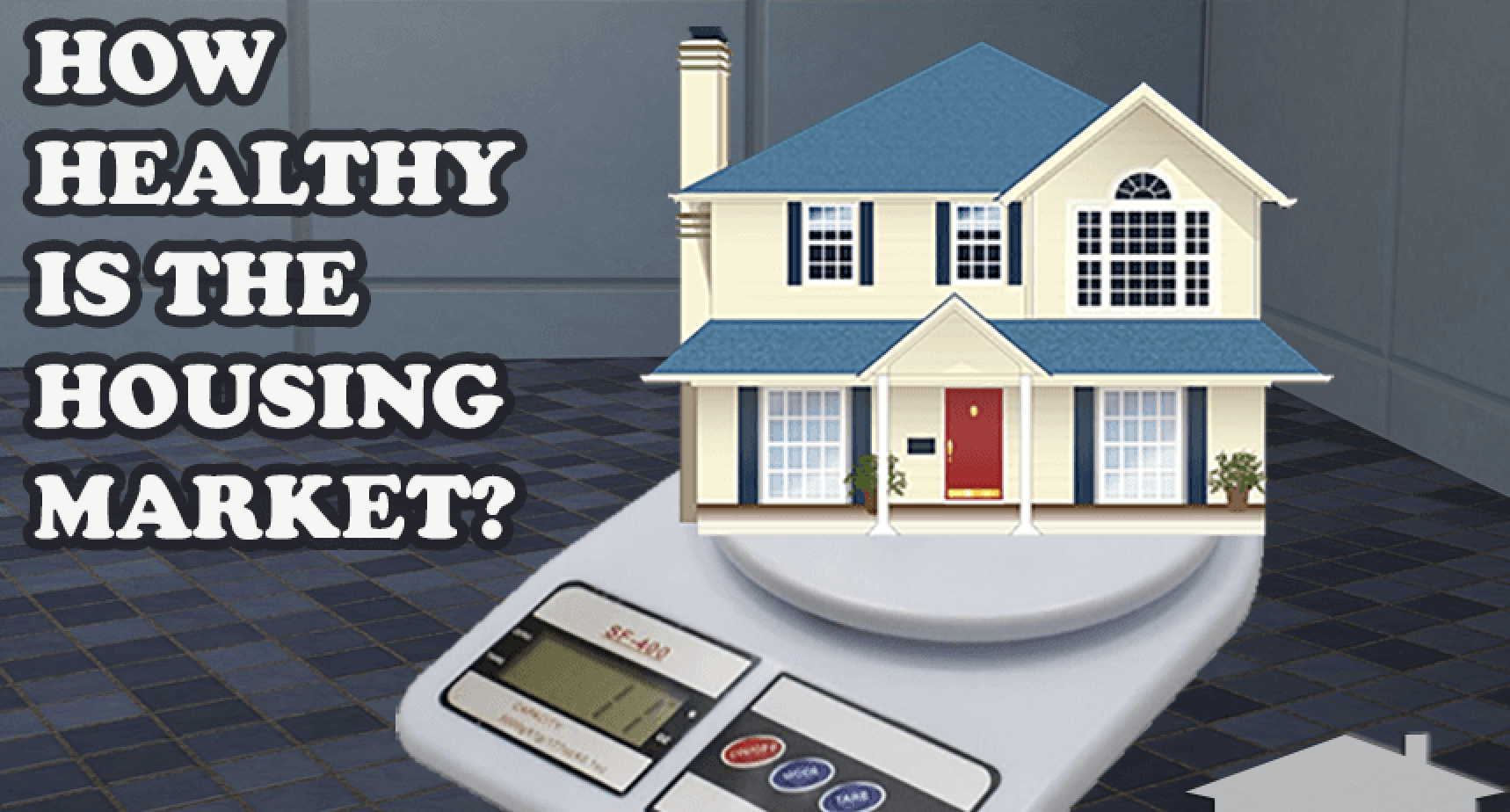According to Google Trends, consumer’s interest in learning about a potential “housing bubble” is back at its rolling 12-month high. Given my recent speculation about the government’s misleading CPI calculation, I certainly am a contributor to the increase in Google searches on the topic of housing bubbles.
Lately, I’ve written about why the housing market is not to be trusted. For the most part, I’ve had a fun time writing about America’s looming housing doom. Now, however, is time for a counterargument. The following will be a quick attempt for me to argue against the idea of a bubble bursting and outline some reasons why America’s housing market is healthier than Google would have you believe.
Good Credit

If you look at the graphs above, you’ll see the financial health of the consumers in comparison to 2006-2008 is significant. For one, the amount of credit scores in the healthiest category is about four times as large. Second, the overall health of American’s credit is on the rise. As Americans, even in the lowest 10th percentile of borrowers have been steadily improving their credit.
In times of crisis, you don’t see average credit scores getting healthier. This will not lead to a bubble bursting. Americans, according to the above data, will be able to pay off their mortgages. Data suggest they’re doing it very well right now. As a matter of fact, Bloomberg reports that Americans are also spending a smaller percentage of their income to pay off their mortgage–another good sign.
Low Inventory 
For the time being, low inventory will enable prices to continue to climb. Covid is the obvious reason for the decreased inventory, as all home building was halted due to the pandemic. Yet, a lumber shortage and local government regulations, especially in the highest value areas, will continue to make it hard to build. We’ll see how it plays out, but expect inventory to stay low for a while. As a matter of fact, the NAR reported in Dec. of 2020 that America only had 1.9 months of housing supply. As you can see, it has gone up slightly in the graph above, but the supply is still by far the lowest we’ve had, maybe ever. There’s no way housing prices are going to go down when the supply is so low.
There is one scenario…
With everything I’ve said, if delinquency rates go up and the FHFA successfully prevents banks from foreclosing on their borrowers, the market could see an influx of supply. As it now stands, the FHFA has outlawed foreclosure on houses until 2022. If this mandate holds true, 2022 will see a big foreclosure wave as all of 2021’s foreclosures get put off until then. That could shuffle the housing market by increasing supply when all of the foreclosed houses will be put on the market. If enough people foreclose and wait to have action taken until 2022, we might see a sudden influx of inventory and a price decrease to match.
That said, forbearance numbers are steadily decreasing, according to Housing Wire. The credit of mortgage owners is holding firm. People are paying off their debts. For now, there is nothing to worry about other than not being a home owner and getting in on the action.
Do you think the housing market will collapse, slow down, or keep going up? Let me know!
-pntr
Random Guy I found on Youtube who actually gave a very good summary of Harvard’s latest report on the housing market.
NEW HARVARD REPORT: 2021 HOUSING MARKET FORECAST
Harvard University just released a new housing market report giving their predictions of the direction the real estate market is heading and going over the impact 2020 has had on our economy and real estate market. I this video I go over my biggest takeaways from the report and help you understand the data.

